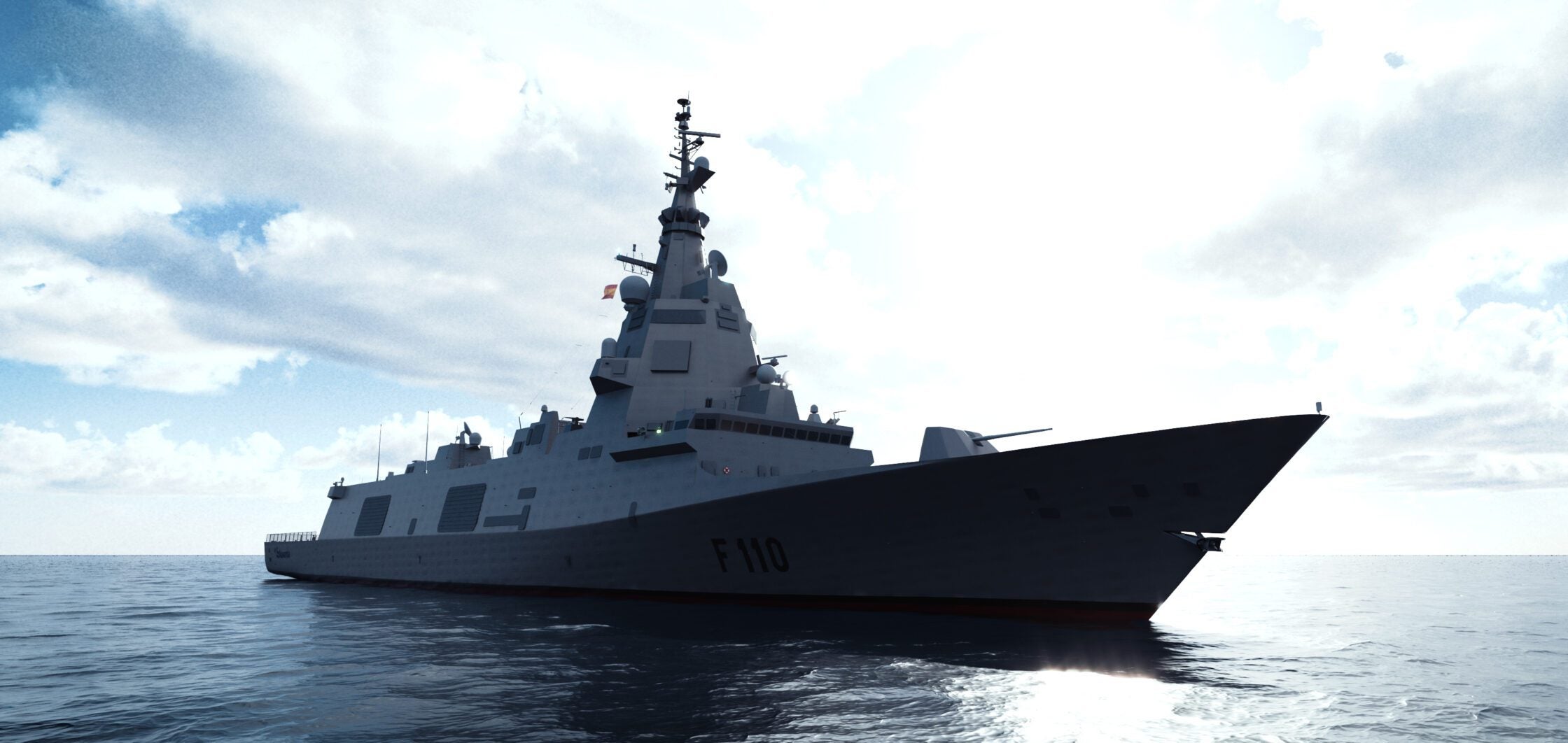
The European Defence Agency (EDA) announced its backing for the Essential Elements of European Escort (4E) project on 7 July.
This decision comes as part of the broader efforts under the Permanent Structured Cooperation (PESCO) initiative, and has been initiated to examine and detail the essential components of forthcoming surface warships within the European Union, from 2030 to 2045.
4E has set its sights on revolutionising the development of surface combatant systems across five crucial areas: combat systems, communication and information systems, navigation systems, platform management systems, and the integration of System of Systems. By prioritising these key components, 4E aims to pave the way for the most advanced and significant advancements in European naval technology in the coming decade.
The leadership of 4E is spearheaded by Spain, in collaboration with Italy and Portugal. The Steering Board of the European Defence Agency (EDA) granted approval for the launch of the new initiative in response to a request from the participating member states,
The PESCO 4E project, in line with the EU Capability Development Priority Naval Manoeuvrability, seeks to promote cooperation among member states involved in shaping the future of surface ships within the European Union. The primary objectives of this initiative are to improve the ability of member states to adapt to changing operational conditions, minimise fragmentation, and enhance the overall coherence of the European Union’s capability landscape.
The EDA is set to take charge of coordinating the cooperation among participating member states. This includes various tasks such as facilitating negotiations, managing staffing, and overseeing signature processes. Additionally, the agency will be responsible for monitoring contributions, ensuring accurate reporting, and handling procurement matters. In addition, the Agency will play a crucial role in assisting with the development of the High-Level Requirements Document and kickstarting feasibility and de-risking studies.
The responsibilities of the EDA include the drafting of the Project Initiating Document. This document serves to outline the scope of the project, as well as the working procedures and strategic communication plan that will be implemented. The agency intends to support 4E PESCO project, ensuring its successful launch and seamless implementation, through the EDA’s ‘Category B’ project, set to span a duration of two years.







